Beyond the Rafale deal
The France-India relationship must not be overshadowed by the Rafale deal. Modi’s visit can be the opportunity to add fresh energy in the economic relationship by harnessing economic complementarities.
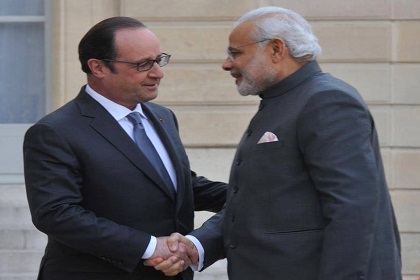 Courtesy:
Courtesy:
The France-India relationship must not be overshadowed by the Rafale deal. Modi’s visit can be the opportunity to add fresh energy in the economic relationship by harnessing economic complementarities.
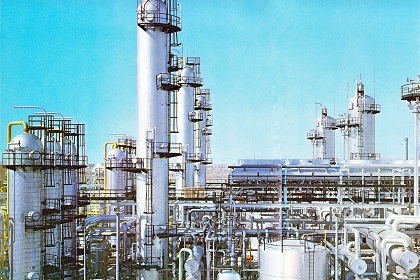 Courtesy:
Courtesy:
If the sanctions against Iran are eased following the April 2 agreement with the P5+1 on the country’s nuclear programme, it will increase global oil and gas supplies, bringing stability to energy markets. It could also resolve the issue of the Farsi Block in Iran, where further exploration of gas by Indian companies has been held back
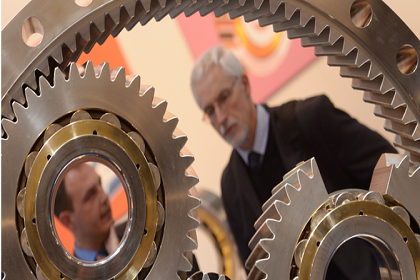 Courtesy: Hannover Messe.de
Courtesy: Hannover Messe.de
Germany’s Mittelstand or medium and small companies are the heart beat of Germany’s successful economy. They will be showcased at the Hannover Fair, which Prime Minister Modi will inaugurate on April 12. It can be the perfect blueprint for his Make in India effort.
As the UN, U.S. and EU sanctions against Iran begin to be lifted, synchronised with Iran fulfilling its obligations on the nuclear issue, there will be a much greater interaction between India and Iran which will certainly benefit both countries.
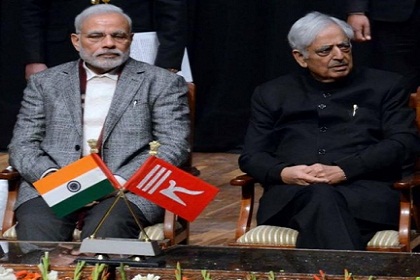 Courtesy: South Asia Media
Courtesy: South Asia Media
Representative democracy has resulted in coalition governments, comprising parties with opposing agendas, gradually being formed across the world. The Afghan unity government and the BJP-PDP coalition in Jammu and Kashmir are two such coalitions that share numerous similarities, not least of which is the role of Pakistan.
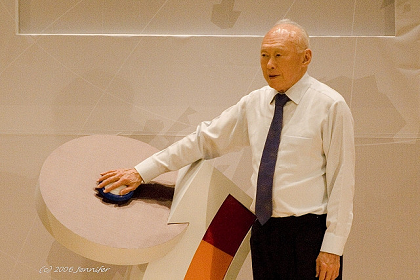 Courtesy: Jennifer Le/Flickr
Courtesy: Jennifer Le/Flickr
Lee Kuan Yew transformed a “pestilential and immoral cesspool” into a glittering global city with the world’s highest per capita income and the highest percentage of home ownership. Lee also had grand vision for the role that India could play in Asia.
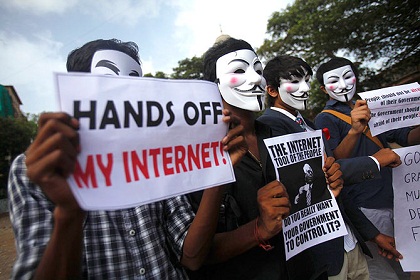 Courtesy: Wikimedia
Courtesy: Wikimedia
India’s Supreme Court struck down Section 66A of the Information Technology Act as unconstitutional because it infringes on freedom of expression. India's future depends on a social and cultural movement in favor of greater tolerance in public life so that diverse, even offensive, opinions can be freely expressed
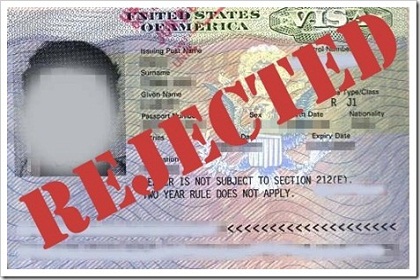 Courtesy: Trak.in
Courtesy: Trak.in
The average L-1 visa denial rate to Indians is far higher than the average, according the latest NFAP report. This has serious implications for Indian IT professional as well as the global technology industry as a whole, while raising disturbing questions about American protectionism
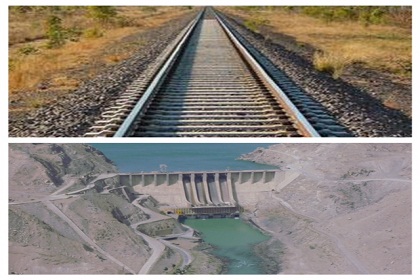 Courtesy: Wikimedia commons
Courtesy: Wikimedia commons
With the Modi government’s focus on improving neighbourhood relations, India cannot afford delays in its aid projects in the region—especially because aid is an effective foreign policy instrument. Why are these projects getting delayed? Is the government taking remedial steps to improve India’s aid programme?
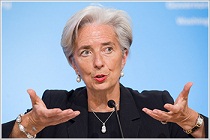 Courtesy: IMF
Courtesy: IMF
The IMF’s 2014 review has some good GDP news but its reservations on interest rates bears closer attention. It can take 32 months for the effects of a an interest rate cut to be felt. What does this mean for the Indian economy?